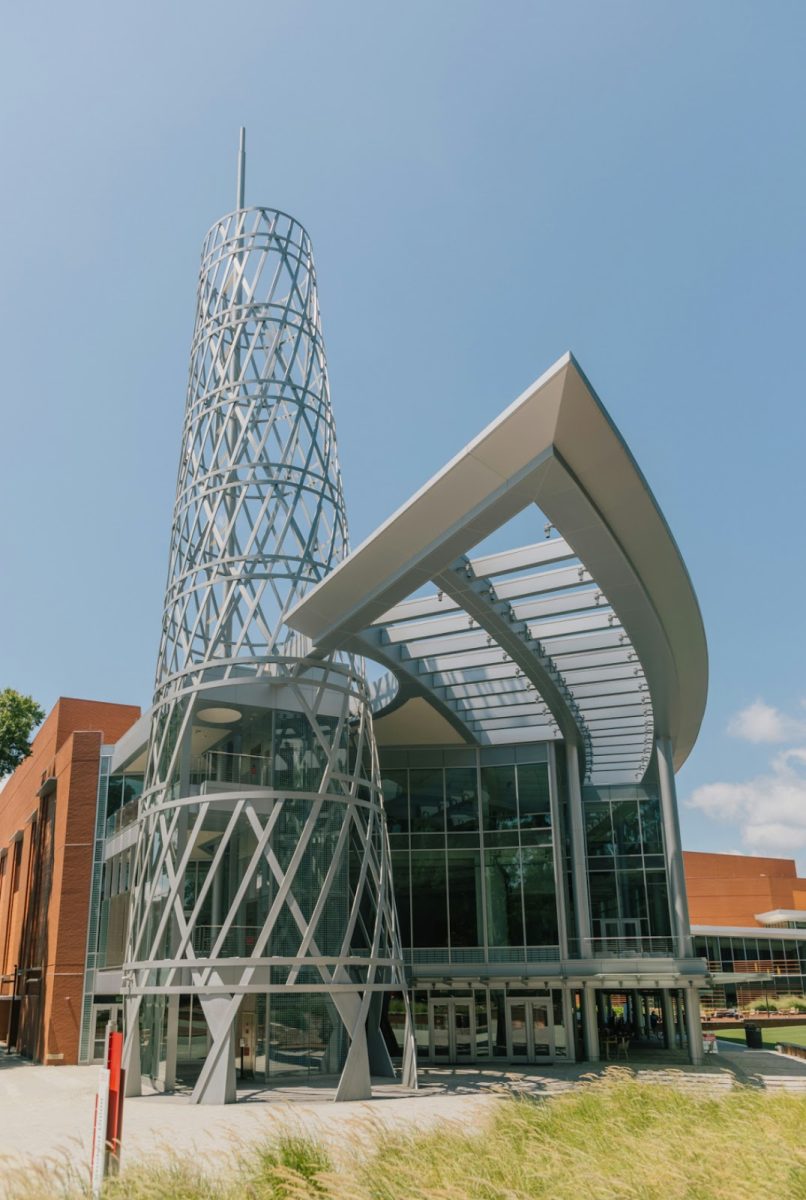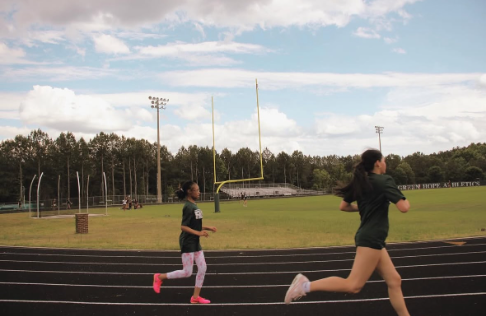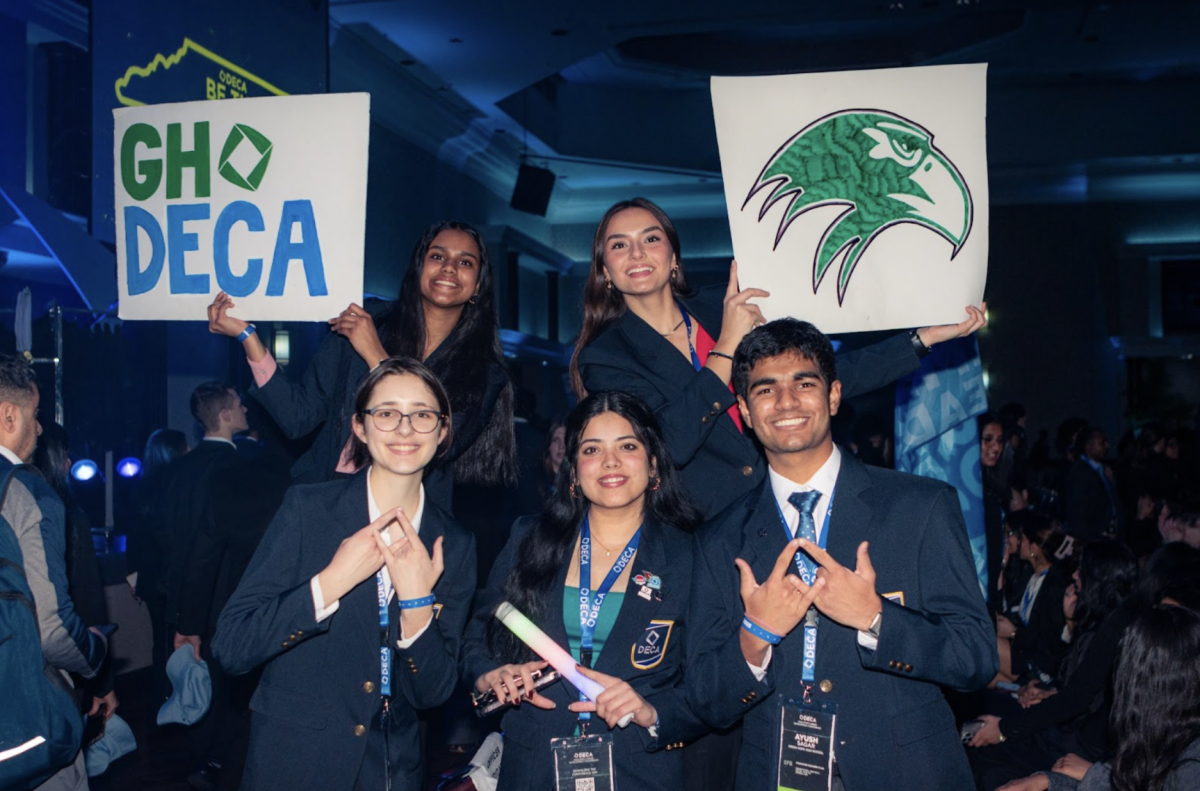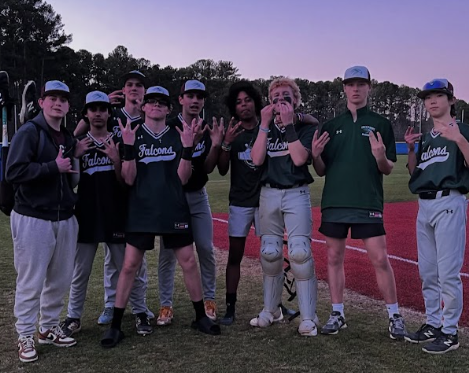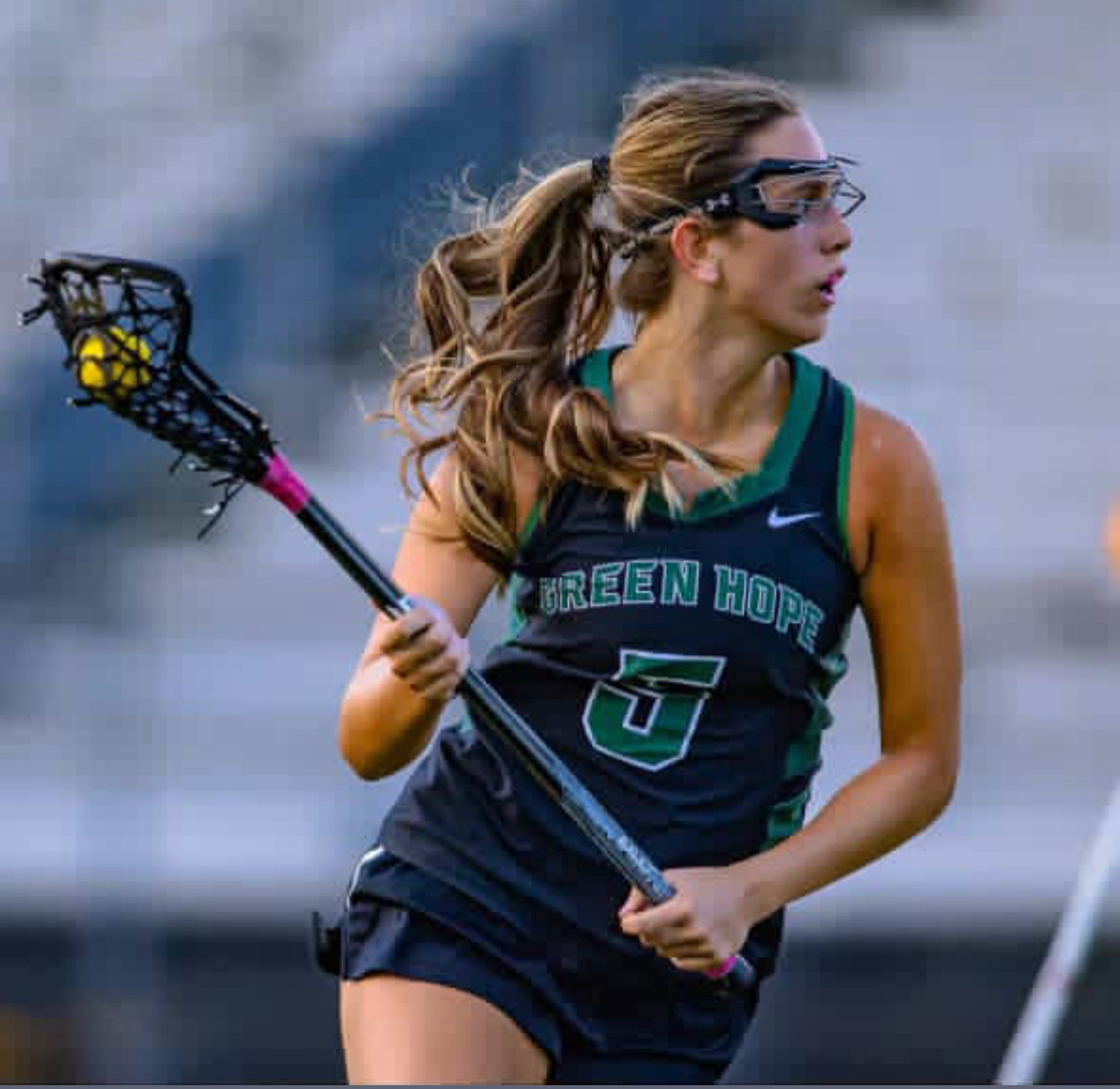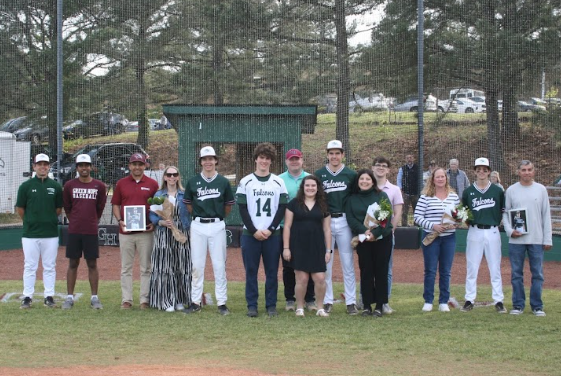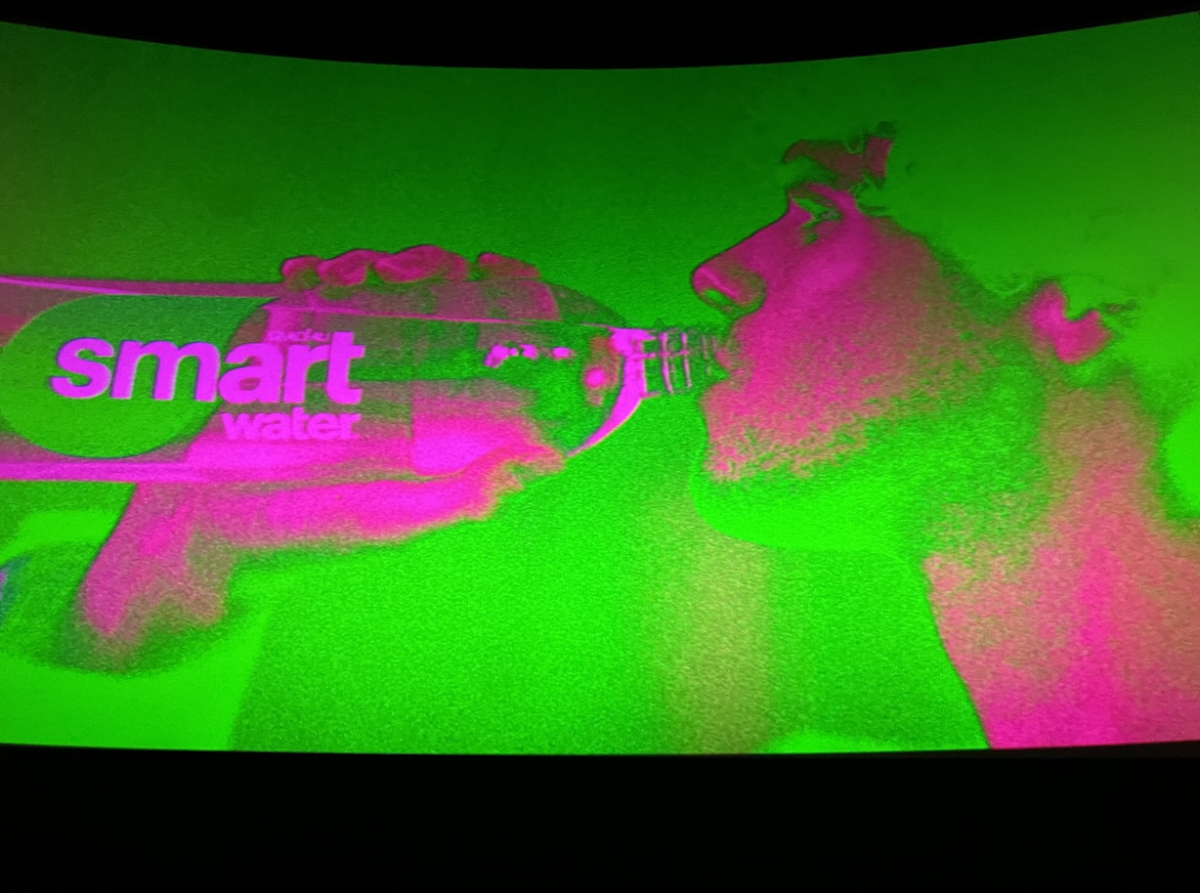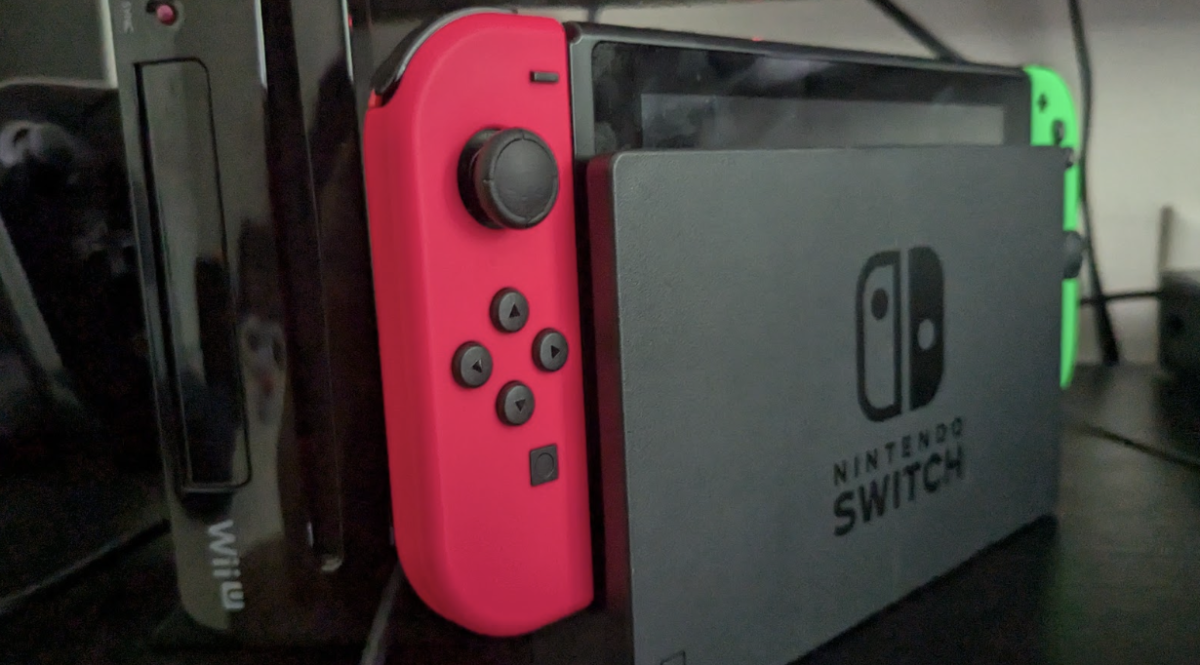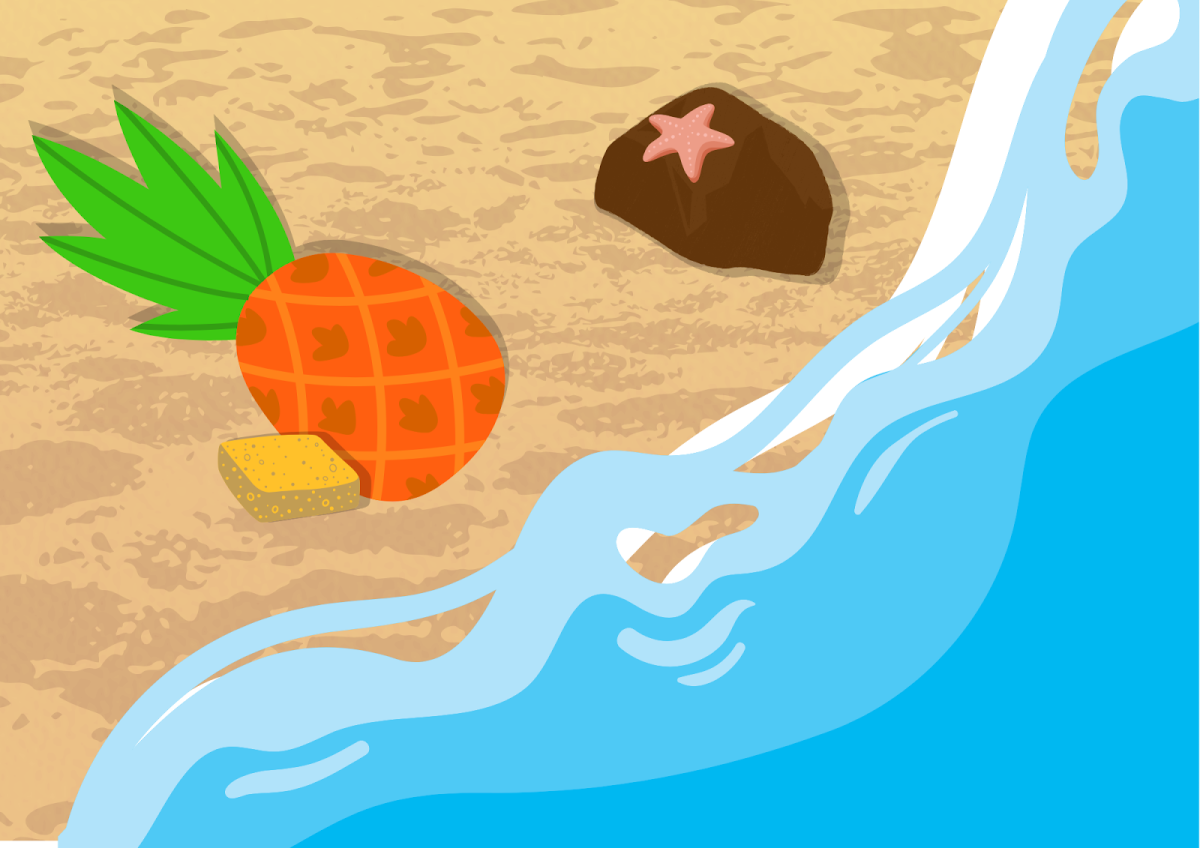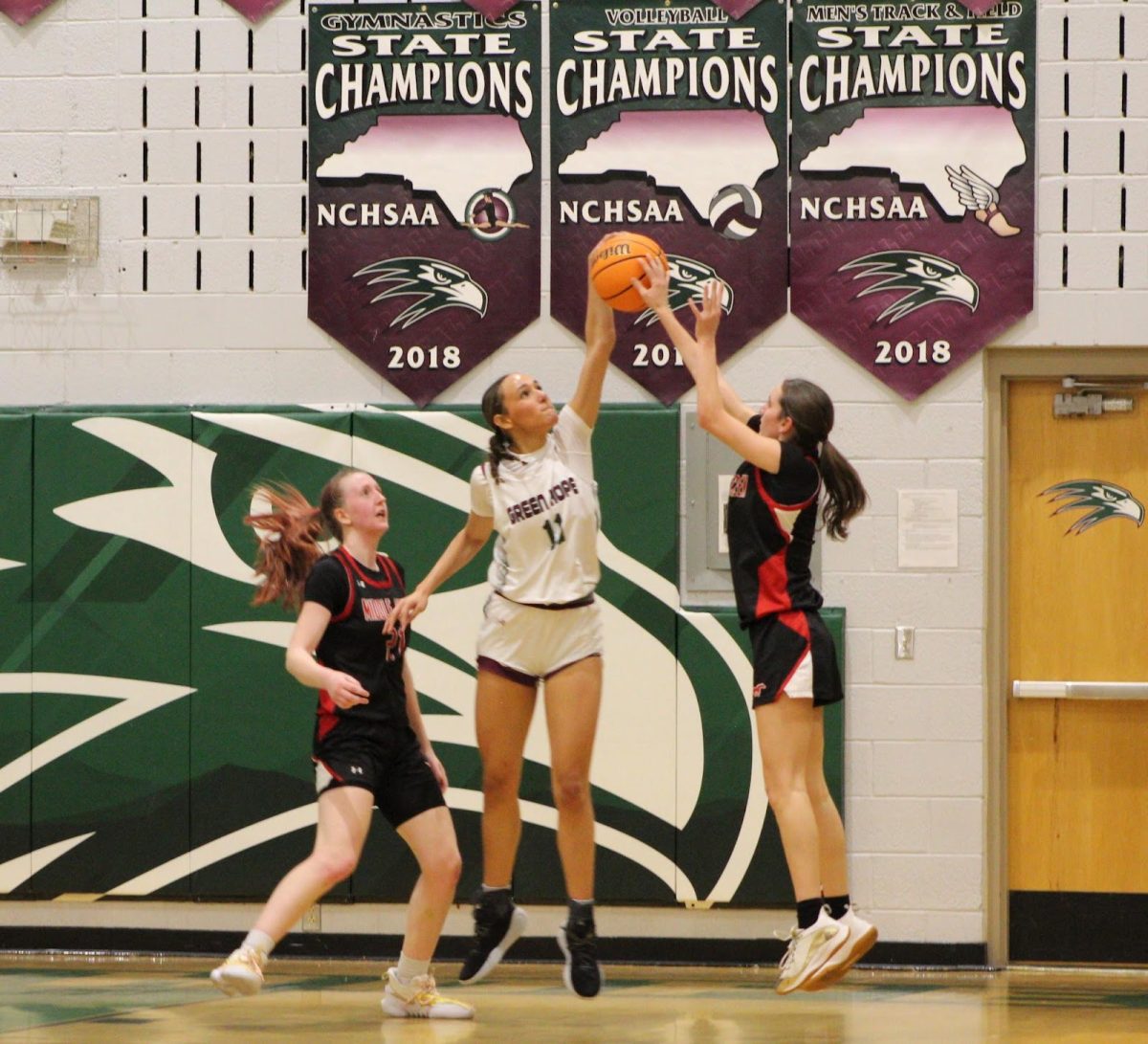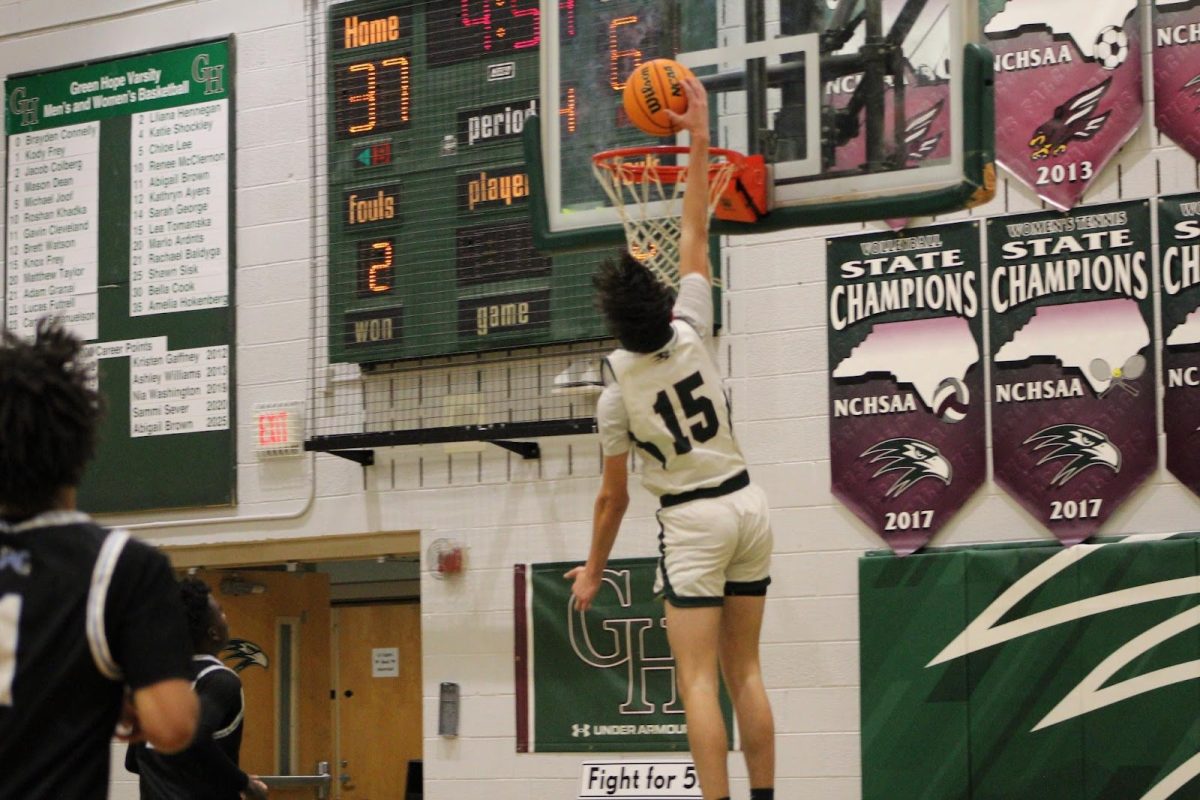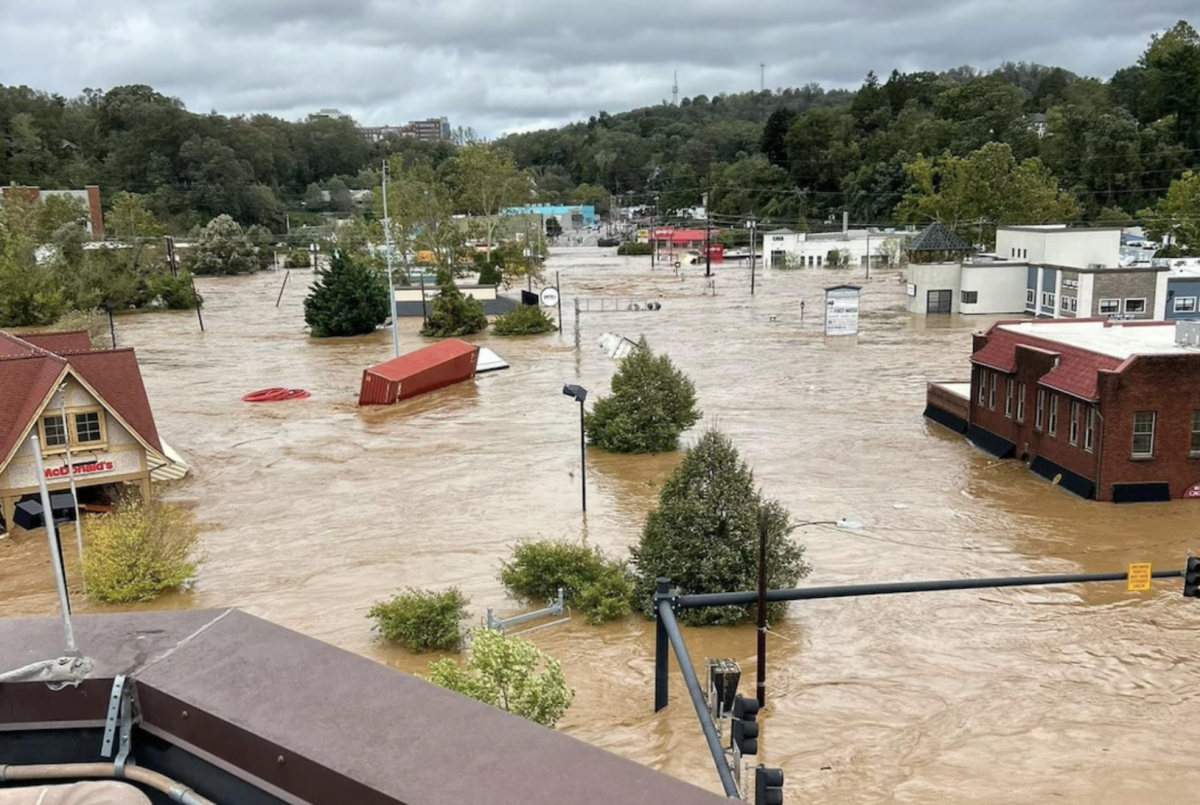From classrooms to beaches: Marine Ecology field trip
April 20, 2023
Last Friday, 31 Marine Ecology students could be found searching for organisms on the beaches of Wilmington, North Carolina. This experience was part of a full-day field trip to the coastal city. The trip included visits to the North Carolina Aquarium at Fort Fisher and the University of North Carolina at Wilmington.
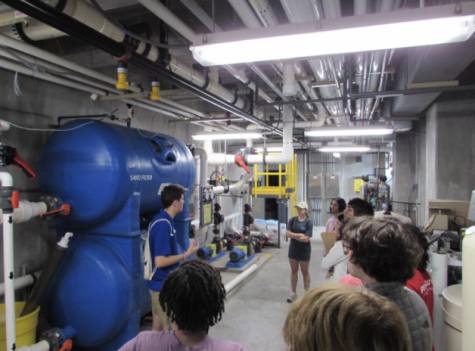
This trip to Wilmington has been a long-standing tradition run by Marine Ecology teachers Mr. Carl Rush and Ms. Tina Robinette. “We started at the Fort Fisher Aquarium, where we experienced a behind-the-scenes tour,” he said. “Then we joined instructors from the UNCW MarineQuest program where we got wet exploring beach and salt marsh ecosystems.”
“From there, we went to the UNCW Center for Marine Science, where we engaged in some lab activities, including a squid dissection. Finally, we ended at the main UNCW campus for a brief tour.”
This trip to Wilmington has been a long-standing Marine Ecology tradition. “I have been running this field trip since I started teaching Marine Ecology at Green Hope over 20 years ago,” Mr. Rush said. “It requires continued coordination with the Fort Fisher Aquarium and the UNCW Center for Marine Science.”
Marine Ecology student Rithika Rajesh (‘24) believed the trip illustrated what the students learned in class. “It was definitely relevant to what we did in class,” she said. “We got to have a very hands-on experience with looking at a bunch of creatures, and we got to see how there were so many different ecosystems even without going all the way into the ocean.”
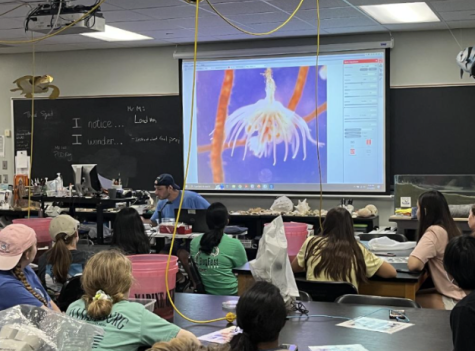
Mr. Rush agreed that the field trip was beneficial for Marine Ecology students. “The field trip is a great way for students to see first-hand what we have been learning about in Marine Ecology. While we are not able to take all students who take Marine Ecology, I hope it is a memorable experience for those who are able to go,” he said.
A notable activity among students was visiting the grassy marshes with high biodiversity. “My favorite part of the trip would probably be going into the water and trying to catch fish and shrimp. It was cool because you could go out pretty far, but the water wasn’t very deep,” Rajesh said.
The best part for the teachers supervising the trip was seeing the students’ reactions to the activities. “My favorite part of the trip was seeing students get excited about the marine environment and all of the amazing animals that live there. I hope they gain an appreciation for the ocean and the need to protect it,” Mr. Rush said.
Due to the popularity of the trip, Mr. Rush and Ms. Robinette will continue running the field trip each spring to keep providing Marine Ecology students with an interactive experience to look forward to.







